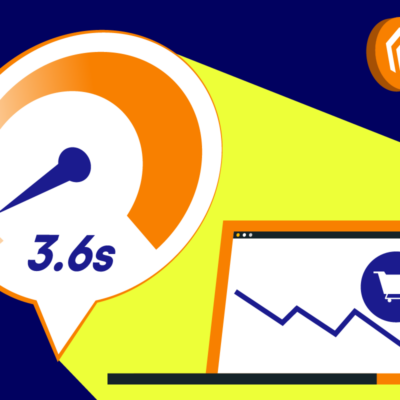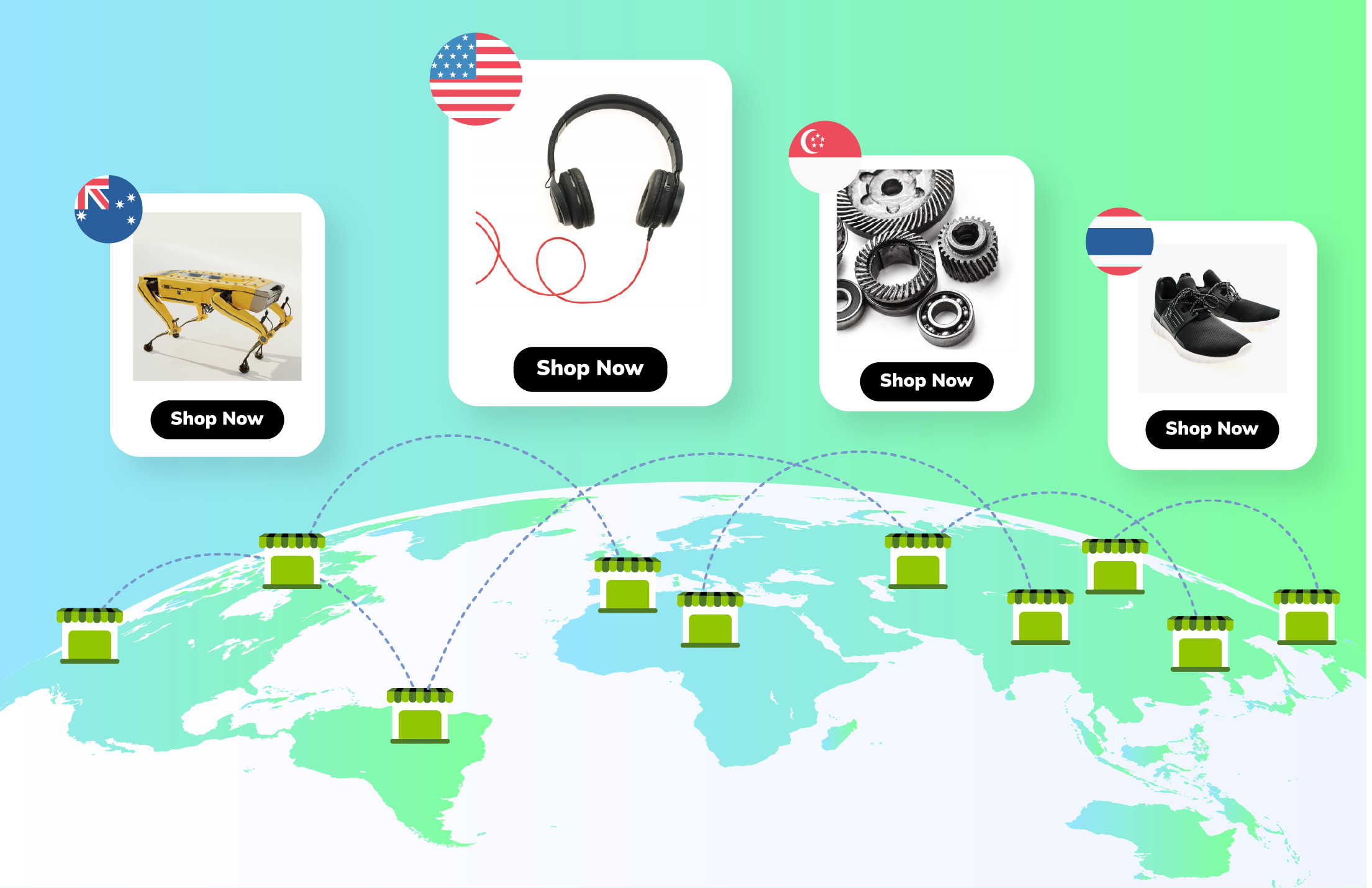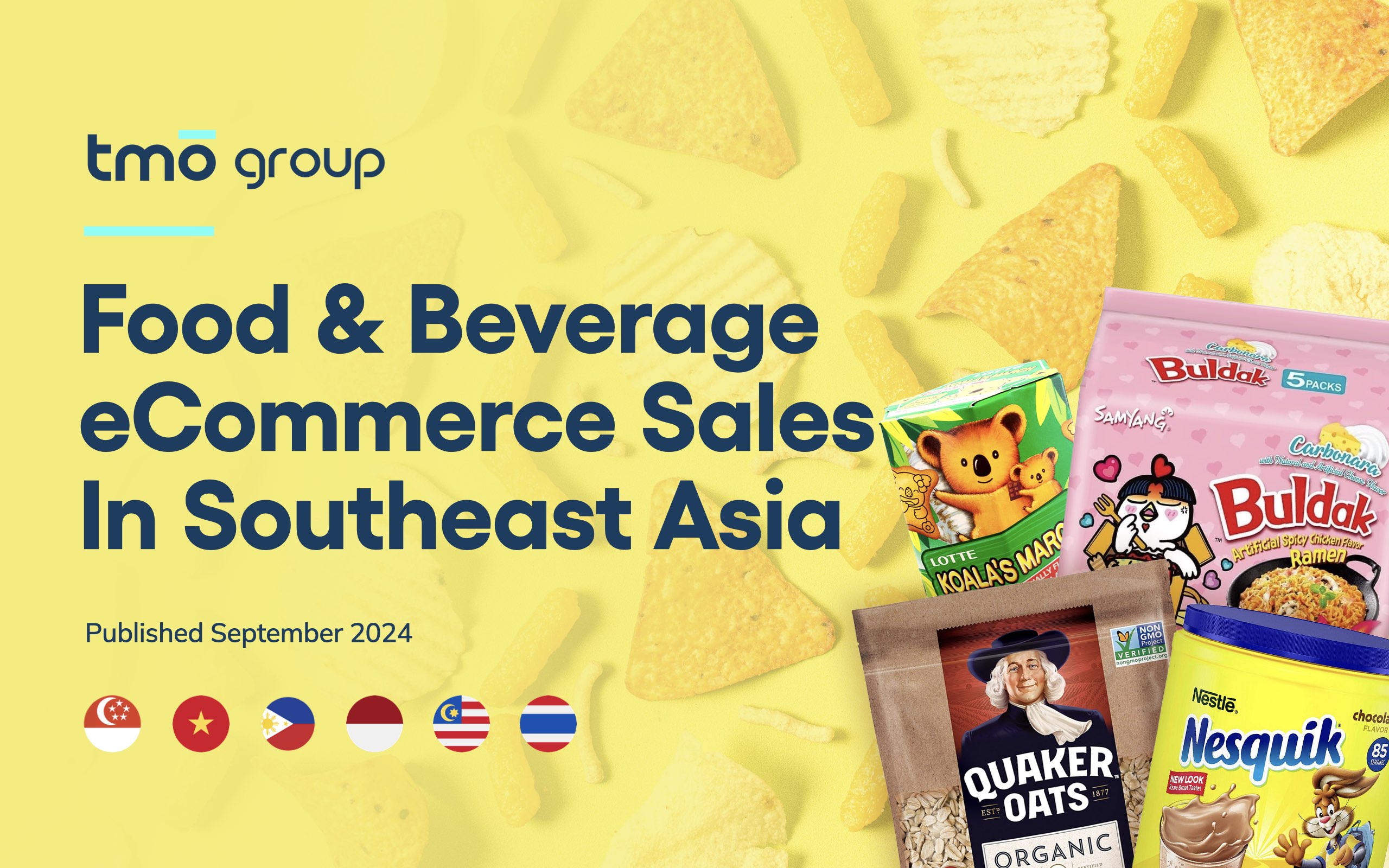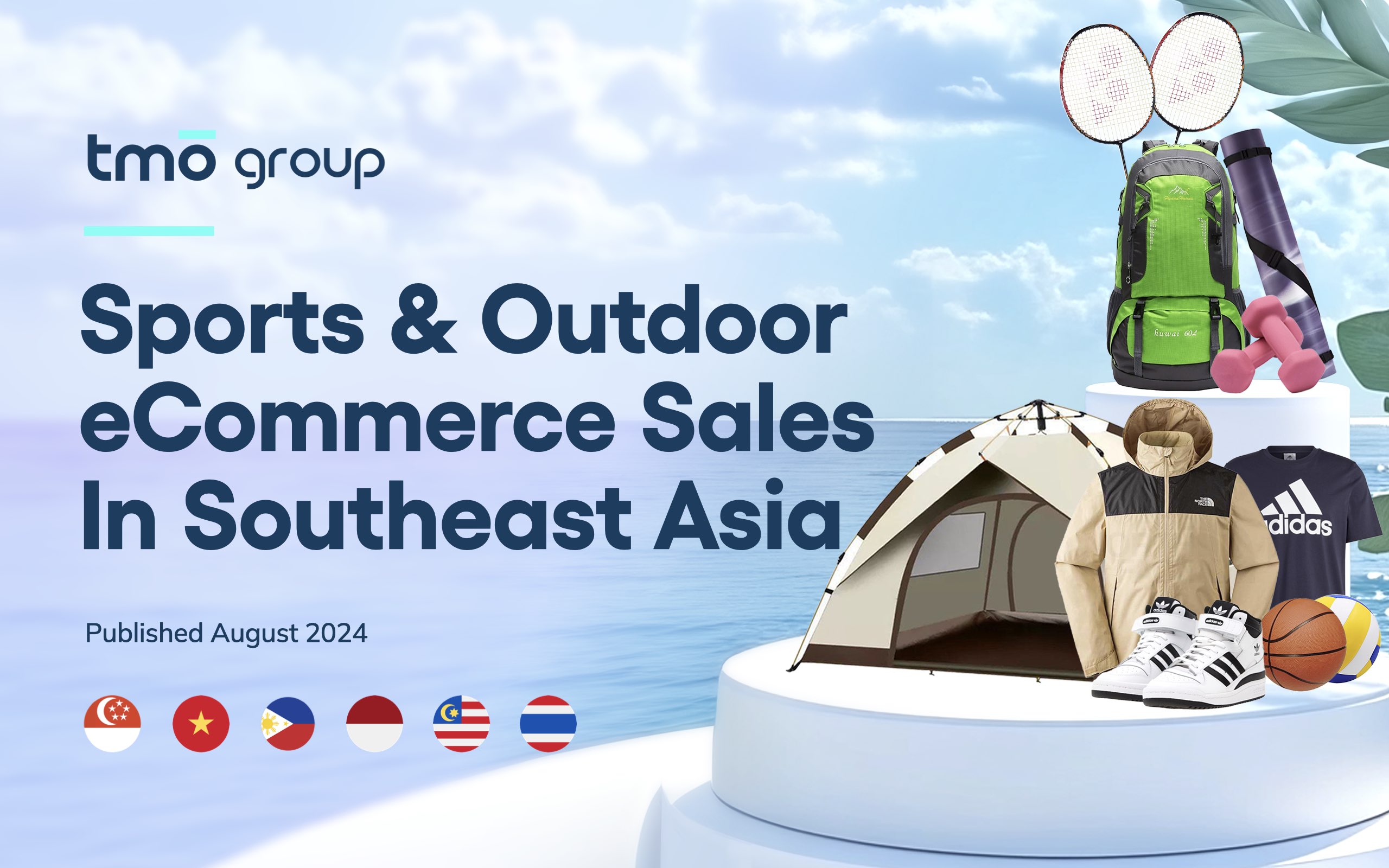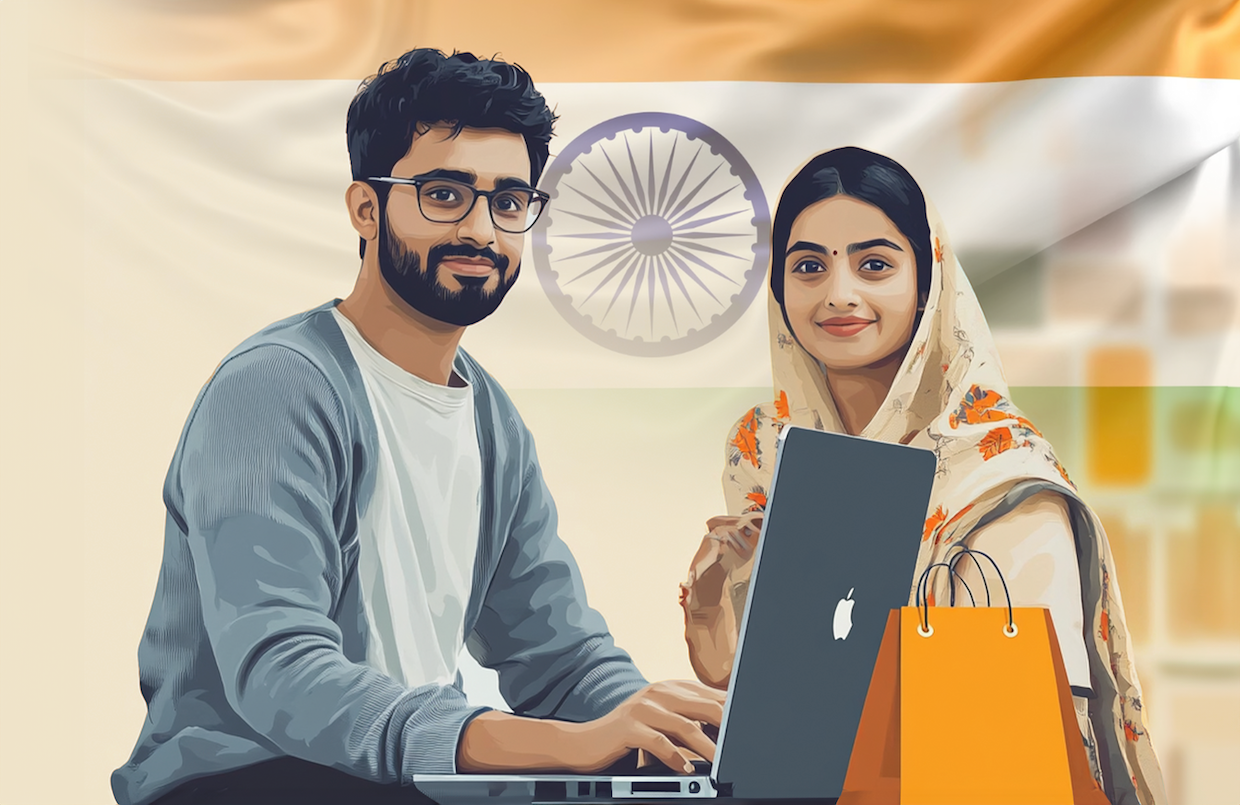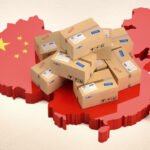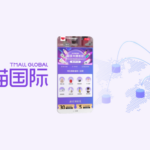In recent years, the Philippines has become increasingly attractive to foreign brands looking for a Southeast Asian market entry opportunity. But with any emerging market, there remain questions as to exactly how companies can enter. Especially when these countries were previously quite restricted when it came to foreign entry and ownership. So we talked to the legal experts at our partner law firm in the Philippines, Ocampo & Manalo, to get some insights into Philippine market entry. Manolito A. Manalo, a Partner at the firm, was kind enough to share their perspectives and expertise.
Note that for the most part, this article will discuss the legal framework of the Philippines from a retail perspective – sellers who choose to sell via cross-border eCommerce do not have to operate within this framework for the most part, especially when working with a third-party marketplace that can handle import licenses and such. We will be exploring cross-border eCommerce in the Philippines in a future article, so stay tuned!
Q: What would you say is the main appeal of the Philippines as a market for overseas brands today?
A: The Philippines has one of the biggest populations in South East Asia. This fact alone means that for any brand wishing to expand their market, the Philippines provides their company great potential for growth.
Prior to the pandemic, the Philippines was one of the fastest growing economies in the world. This trend should continue (or resume) once things normalize post-Covid.
Q: How strict are the legal requirements on companies wanting to enter the Philippine market and sell via eCommerce?
A: The Philippines classifies retail as a fully nationalized activity (subject to certain exceptions) and accordingly, the business is reasonably regulated. Any foreign company wishing to engage in retail (and can qualify as an exception) will have to strictly follow the rules and limitations applicable to it. Doing the selling online does not exempt a foreign seller from the same restrictions.
Just to provide you with a bird’s eye view of how the online selling business is perceived by the regulators now, just a few weeks ago, the Department of Trade and Industry (DTI) announced its new guidelines for online sellers in connection with their promotions and advertisements and just last week, the Bureau of Internal Revenue (BIR) issued its own guidelines requiring online sellers, regardless of the volume of sales, to register with their government agency.
Q: Can you go into a bit of detail about what the new guidelines from the DTI include, and how they'll likely affect online sellers' advertisements?
A: Although we have asked DTI for a copy of the guidelines, we have yet to secure a copy. We just saw the announcement by the DTI regarding the matter, but it has not been made available to the public.There are, however, rules and regulations issued by the DTI over the years and pursuant to the Consumer Protection Act related to sales promos in general. Here is the link to the pertinent DTI page.
https://www.dti.gov.ph/konsyumer/sales-promotion-application/
Q: The new guidelines from the BIR now requires "online sellers, regardless of the volume of sales, to register with their government agency". What ramifications does this change have on small businesses or individual sellers?
A: The BIR requirement is for any online seller to register with the BIR itself as a taxpayer, if one is not yet registered.This new requirement is clearly designed to ferret out enterprises taking advantage of the lack of a physical store and their ability to hide their businesses in the many recesses of the web, thereby making it difficult for the BIR to monitor or track their business activities and be taxed accordingly.With this requirement, the BIR is targeting two types of online sellers:
- Persons doing business online with no tax identification number (TIN) – These have to register their business by following existing policies in securing TIN and registration of business.
- Persons doing business online who already have TINs but the business itself is not yet registered. The businesses can be registered either as individual or non-individual.
Those who fail to register their online business or update their registration status by July 31, 2020, shall be meted with a penalty for late registration.Moreover, the registrants will be asked to voluntarily declare their past transactions subject to the payment of the taxes due on those previous transactions, without being penalized, as long as they are declared and paid on or before the deadline.
Q: Have there been signs that the Philippine government is easing restrictions on imports, and if so, can you provide specific examples?
A: The Philippines counts itself as one of the early adopters of trade liberalization and globalization. As early as the 1980s, the Philippines started enacting laws and introduced policies meant to remove tariffs and other trade restrictions in the inbound flow of goods.
As proof that it is a national policy of the Philippine government to support and promote trade liberalization, the Philippines has entered into various commitments relating to trade by its memberships in the World Trade Organization (WTO), Asia-Pacific Economic Cooperation (APEC) and the ASEAN Free Trade Area (AFTA), among others.
Q: How has the legal environment for overseas brands selling online evolved over the past decade? And how do you think it might continue to evolve in the next few years, are there any regulation or legal changes relevant to online business that you expect or predict?
A: The Philippines, due to its highly westernized history and culture, has long been a market for foreign brands and this acceptance of imported products happened much earlier in the Philippines compared to its Asian neighbors. For the longest time however, retail, being a nationalized activity until it was partially liberalized around 20 years ago, was exclusively reserved for Filipinos. Thus, foreign brands had to partner with Filipino retailers under license or distribution agreements just to be able to sell their products directly to the Filipino consumer. And when it was partially liberalized, subject to capital requirements, foreign retailers started to slowly come in, initially as brick and mortar stores to eventually, as online market places.
In the last 10 years, there has been phenomenal growth in the online selling industry locally; primarily spearheaded by the electronics manufacturers/retailers, clothing and footwear sellers and food producers and some of the biggest and most popular online sellers have been foreign brands and resellers such as Lazada and Shopee.
With the global pandemic still raging, the Philippines counts itself among the growing list of nations realizing the importance of reliable and safe online businesses. As a result, there has been a spike in the interest from the various government agencies as far as taking a closer look at online selling businesses is concerned. We anticipate that more rules and regulations relevant to the industry will be generated by government agencies such as the Board of Investments (BOI), DTI and BIR in the near future.
Q: What are the main legal restrictions that companies wanting to sell to Filipinos online using a cross-border eCommerce model must adhere to? And the same question with regard to a company setting up their own eCommerce webstore within the Philippines?
A: The biggest restriction would be on the nationality requirement. Any foreign brand or seller that wishes to sell directly to the consumer has to put up a minimum prescribed capital to qualify as an exception. The amount of capital to be infused will depend on the type of product to be sold (luxury items or otherwise). Not only that, a prospective foreign retailer wishing to do business in the Philippines has to pre-qualify under the BOI before it can even be allowed to pay in the required capital and register as a corporation with the Securities and Exchange Commission (SEC). This requirement is also applicable to foreign sellers who wish to conduct business via online either exclusively or in combination with their brick and mortar store sales.
Online payment methods are also regulated by the central bank (Bangko Sentral ng Pilipinas) and the National Telecommunications Commission (NTC).
Q: Which product categories are particularly permissive or painless for overseas brands to import and sell?
A: Products that are not health, safety or environmental hazards or those electronic devices that are not capable of two-way transmissions via regulated radio frequencies would be the easiest to bring in. Note that there also certain items such as coffee, toy guns, gambling paraphernalia and certain food items, among others, that have restrictions on entry into the Philippines.
Q: Are there any unusual laws, legal requirements, or other factors that businesses new to the Philippines may not be aware of or expect based on their experiences selling in other countries - something that the Philippines perhaps does differently to many other countries?
A: Perhaps the nationality restriction that retail (as opposed to wholesale trading) be 100% exclusive for Filipinos is the most unique owing to the history and circumstances surrounding the legislation that birthed the law.
Q: What is your overall feeling towards Chinese brands entering the Philippines - is this a good time for them to do so, and what are local attitudes like towards Chinese brands? Do you have any advice or suggestions for such brands?
A: There has been growing acceptance for Chinese products over the years, with the entry of and reaching strong market positions for brands such as Oppo, Huawei, Devant, Lenovo and Haier in the electronics sector and MG and Geely in the automotive sector. Slowly but surely, these brands have been able to successfully penetrate the Philippine market by taking advantage of highly competitive pricing while offering good quality products and thus, creating its own market sweet spot.
Q: Can you give an example of a case (an anonymized client of yours or another case you're familiar with) of successful market entry for an overseas brand wanting to sell their products online to the Philippines?
A: The Apple Store PH and the Samsung PH online stores are good examples of manufacturers/ sellers that have been successfully doing direct sales to its consumers. They have been doing this for the better part of the last decade.
Q: Finally, why should brands choose the Philippines as the next market to bring their products to?
A: The Philippines is at an enviable position of being at the very beginning of its demographic sweet spot; where the median age is 23 years old. It has one of the youngest populations in the world that has just entered its productive stage. This can translate to sustained buying power for its young workforce as it ages for the next 25 years. Any company hoping to ride this long wave should do so right away to maximize its sales and growth potential.
We’d like to thank Manolito and the Ocampo & Manalo law firm for agreeing to take part in this interview and for sharing their insights and expertise with us (and our readers!). Information about the firm can be found below.
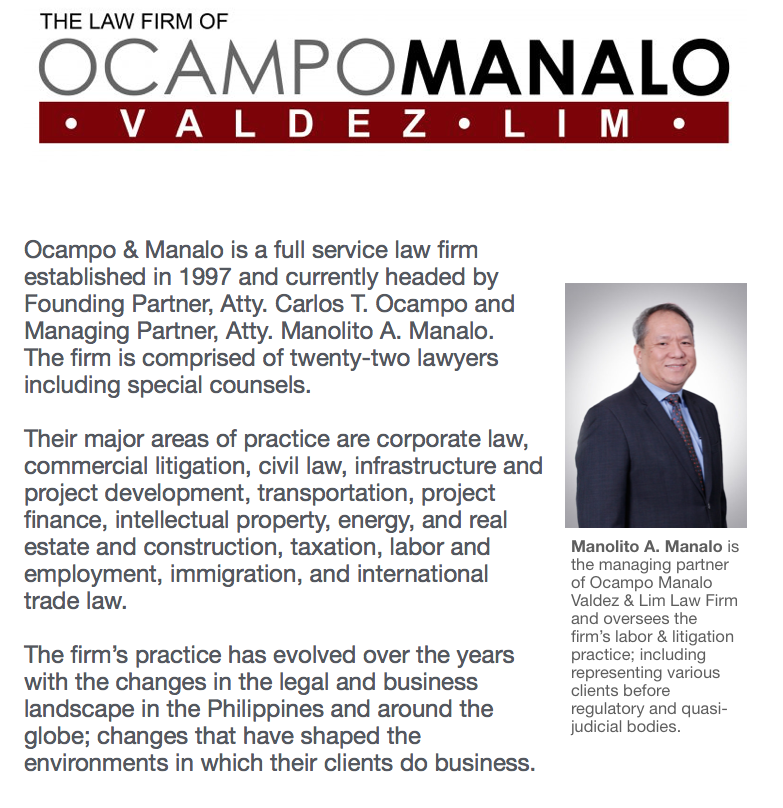
If you'd like to learn more about eCommerce in the Philippines, check out our in-depth The Philippines eCommerce Market GuideThis in-depth primer aims to be your one-stop guide to the Philippine eCommerce market, including how to take your business there and succeed.Market Localization Guide for a comprehensive look at doing business online in this exciting market.

